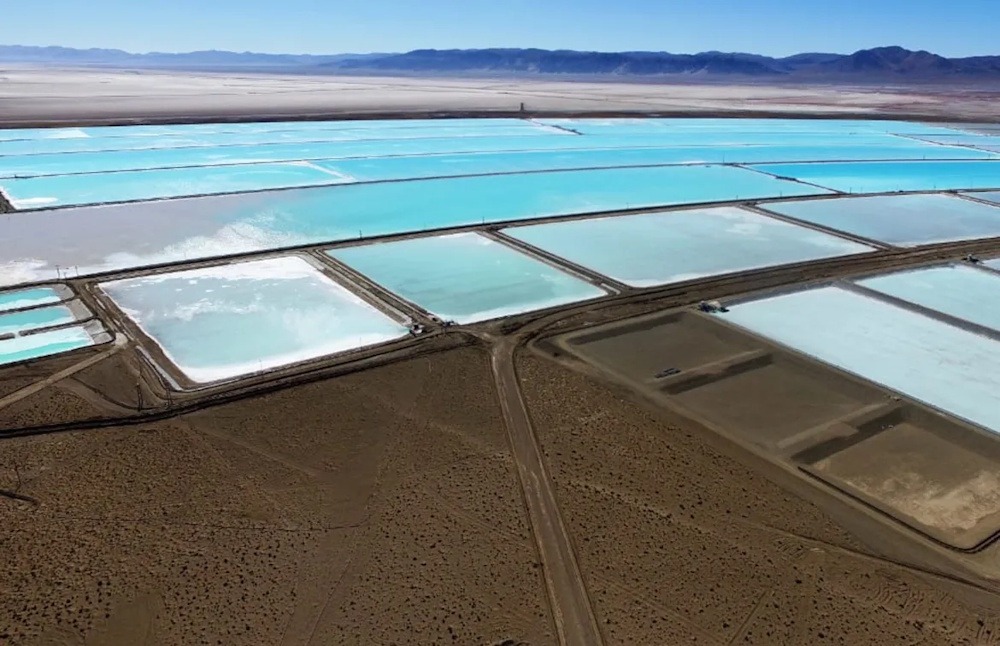Glencore Plc has submitted applications to incorporate two copper projects, with a total capital expenditure projected to exceed US$13 billion, into Argentina’s investment incentive programme. The commodities firm based in Switzerland is pursuing the tax, customs, and currency exchange advantages provided by the government program for El Pachón in San Juan Province and Agua Rica in Catamarca, as stated by the company on Monday. The program is referred to as RIGI, based on its Spanish acronym.
Glencore aligns itself with an increasing number of mining companies pursuing entry into a program within a nation that historically deterred foreign investment due to stringent capital controls and significant state intervention. Argentina is witnessing a resurgence in corporate confidence as President Javier Milei presents strategies aimed at safeguarding capital investments.
“This framework has changed the investment landscape in Argentina, providing a key catalyst to attract major foreign investment to the country,” stated Glencore Chief Executive Officer Gary Nagle. “Today’s submission signifies a crucial advancement in the progression of El Pachón and Agua Rica.” The anticipated investments for El Pachón and Agua Rica stand at US$9.5 billion and US$4 billion, respectively, contingent upon Glencore’s decision to advance with their development plans. According to Economy Minister Luis Caputo in a post on X, the total number of RIGI applications has reached 20, amounting to US$33.6 billion.
In the context of the copper market, El Pachón holds significant relevance. The site possesses the potential to emerge as one of the largest mines globally, situated within a cluster of deposits poised to establish a new production hub in response to the increasing demand for the wiring metal. BHP Group Ltd and McEwen Copper Inc are also making significant investments in San Juan.
Argentina has achieved notable success in the lithium sector, a mineral essential for the production of batteries utilized in electric vehicles. Copper projects, however, are generally characterized by their larger scale, higher costs, and increased complexity in development. Argentina presents a notably unstable environment for investors, primarily due to its concentration on agriculture and oil, in contrast to its regional counterparts, Chile and Peru, which are more oriented towards metal production.

